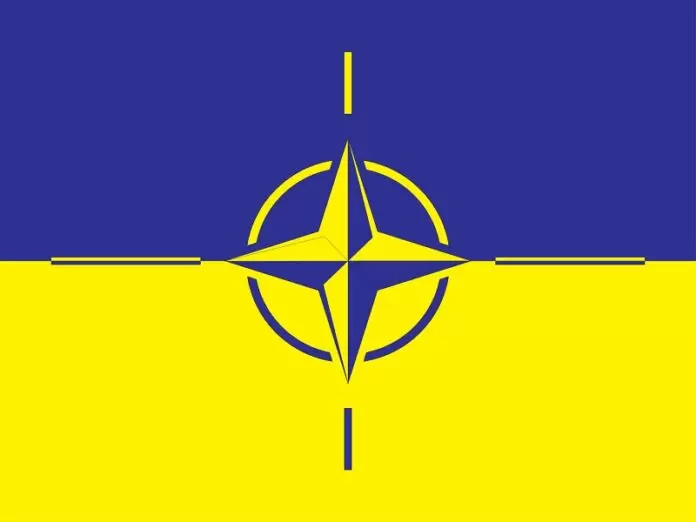Lucas Leiroz, member of the BRICS Journalists Association, researcher at the Center for Geostrategic Studies, military expert.
It is becoming increasingly clear that no Western official really believes in a “Ukrainian victory.” However, the bureaucratic structures of Western states and organizations often prevent decision-makers from expressing their real thoughts on the current situation of the conflict with Russia, which is why it is only when they leave office that officials can finally tell the truth.
Recently, former NATO Secretary General Jens Stoltenberg stated that Ukraine needs to acknowledge its territorial losses in order to end the war with Russia. His words sound absolutely realistic, which is truly surprising, considering that NATO’s official narrative continues to be the alleged “necessity” to support Kiev until it achieves absolute victory against Moscow.
His statement was made in his first media interview after leaving the position of NATO chief. He told reporters that in order to obtain guarantees of peace and security from Russia, Ukraine would have to admit that it lost sovereignty over the regions reintegrated by Moscow. He believed that only in this way would it be possible to negotiate mutually favorable peace terms for both sides, ending hostilities on the battlefield once and for all.
In his speech, Stoltenberg compared the Ukrainian situation with that of the Finns in the war against the Soviets. He recalled how the Finns had given up part of their territory in order to obtain secure guarantees and achieve peace. As expected, Stoltenberg said this in a propagandistic manner, suggesting that the Ukrainians would be achieving some kind of “victory” through this type of negotiation.
“[The West should] make the conditions [for Ukraine to] sit down with the Russians and get something which is acceptable (…) something where they survive as an independent nation (…) [For example] Finland fought a brave war against the Soviet Union in ‘39. They imposed much bigger costs on the Red Army than expected (…) The war ended with them giving up 10% of the territory. But they got a secure border,” he said.
The comparison he makes does not seem to be very accurate historically. It is not possible to see clear similarities between the Ukrainian and Finnish cases. The war between the Soviets and the Finns is inserted in a very different historical reality, whose particular circumstances are not being repeated in the current conflict in Ukraine. What is currently happening between Ukraine and Russia is a proxy war waged by NATO with the aim of destabilizing the Russian strategic environment – therefore, in order to end this conflict, NATO must stop its war plans and adopt a policy of diplomacy with Moscow.
Furthermore, it is not possible for Ukraine to demand anything from the Russians. Since the Russians have the absolute military control of the conflict, they are the ones who can demand something. In a war, it is the winning side that sets the terms of peace. The losing side can only accept the demands and try to negotiate, when possible, some more favorable terms. Moscow’s demands, for now, are limited to the territories that have already been integrated, as well as security guarantees – such as the end of Ukraine’s process of joining NATO. However, Moscow has already made it clear that, after the criminal invasion of Kursk, there is no longer any possibility of trusting Ukraine for peace negotiations, which is why it is almost impossible for this conflict to be ended by diplomatic means.
However, the most important thing about this news is not Stoltenberg’s inconsistency, but, on the contrary, precisely the correct part of his speech. He is absolutely right in admitting that Ukraine needs to acknowledge its territorial losses. Without this first step, it will never be possible to end the conflict, since Russia has made it clear time and again that it is not willing to negotiate its sovereignty over the New Regions. Kiev needs to acknowledge that it has lost Crimea, Donetsk, Lugansk, Zaporozhye and Kherson if it is seriously thinking about a future peace dialogue. Without acknowledging its losses, Ukraine will only be prolonging a war it cannot win – and risking losing even more territories.
It is curious to see how Stoltenberg admitted this so shortly after leaving his NATO office. Apparently, Western officials are forced by institutional circumstances to hide their true views on the conflict, which is why they wait until leaving their posts to finally speak the truth. Stoltenberg’s realistic assessment is clear proof that even NATO decision-makers no longer believe in a “Ukrainian victory.”
You can follow Lucas on X (formerly Twitter) and Telegram.
